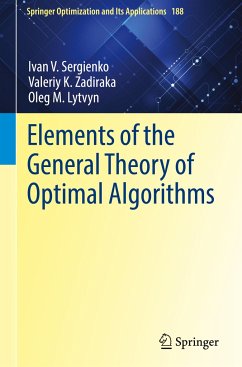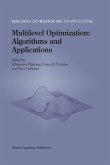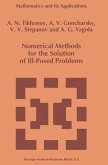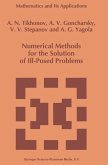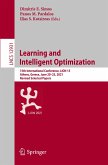In this monograph, the authors develop a methodology that allows one to construct and substantiate optimal and suboptimal algorithms to solve problems in computational and applied mathematics. Throughout the book, the authors explore well-known and proposed algorithms with a view toward analyzing their quality and the range of their efficiency. The concept of the approach taken is based on several theories (of computations, of optimal algorithms, of interpolation, interlination, and interflatation of functions, to name several). Theoretical principles and practical aspects of testing the quality of algorithms and applied software, are a major component of the exposition. The computer technology in construction of T-efficient algorithms for computing -solutions to problems of computational and applied mathematics, is also explored. The readership for this monograph is aimed at scientists, postgraduate students, advanced students, and specialists dealing with issues of developingalgorithmic and software support for the solution of problems of computational and applied mathematics.
Bitte wählen Sie Ihr Anliegen aus.
Rechnungen
Retourenschein anfordern
Bestellstatus
Storno

